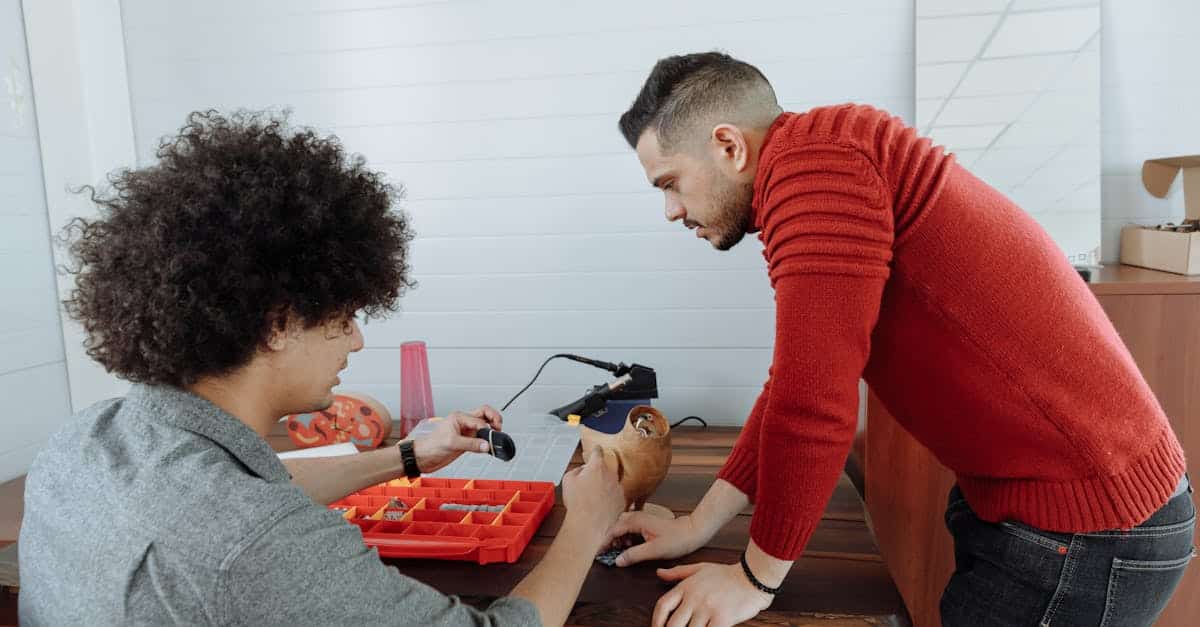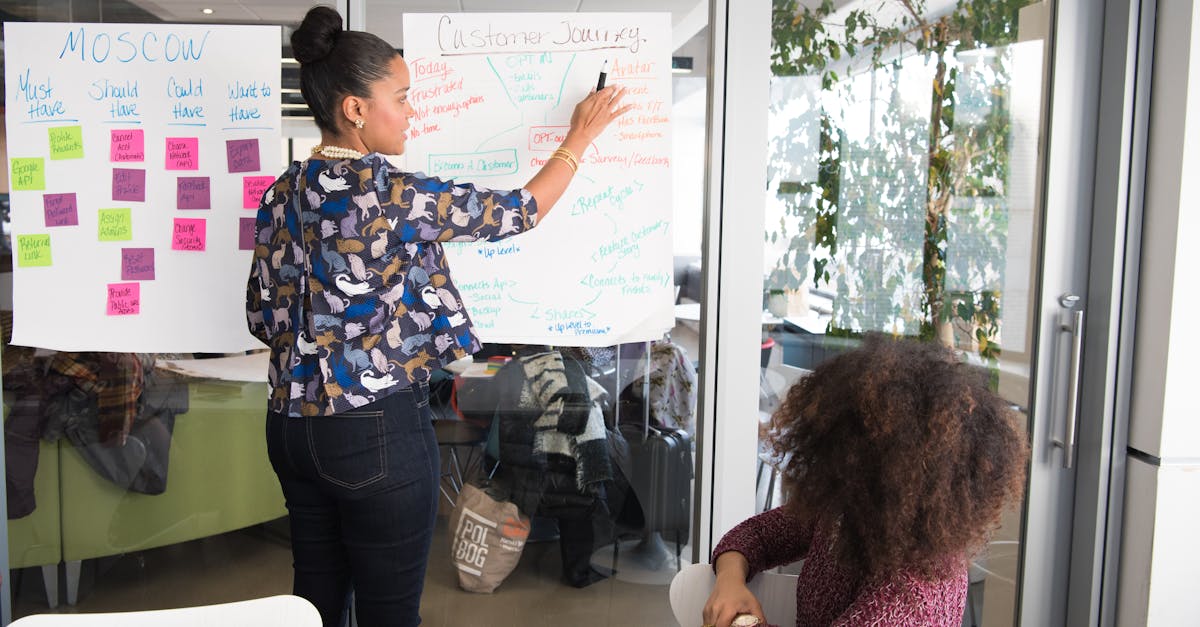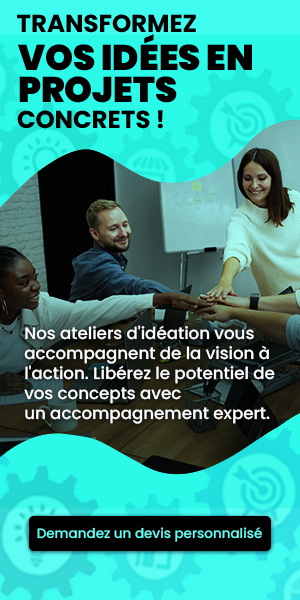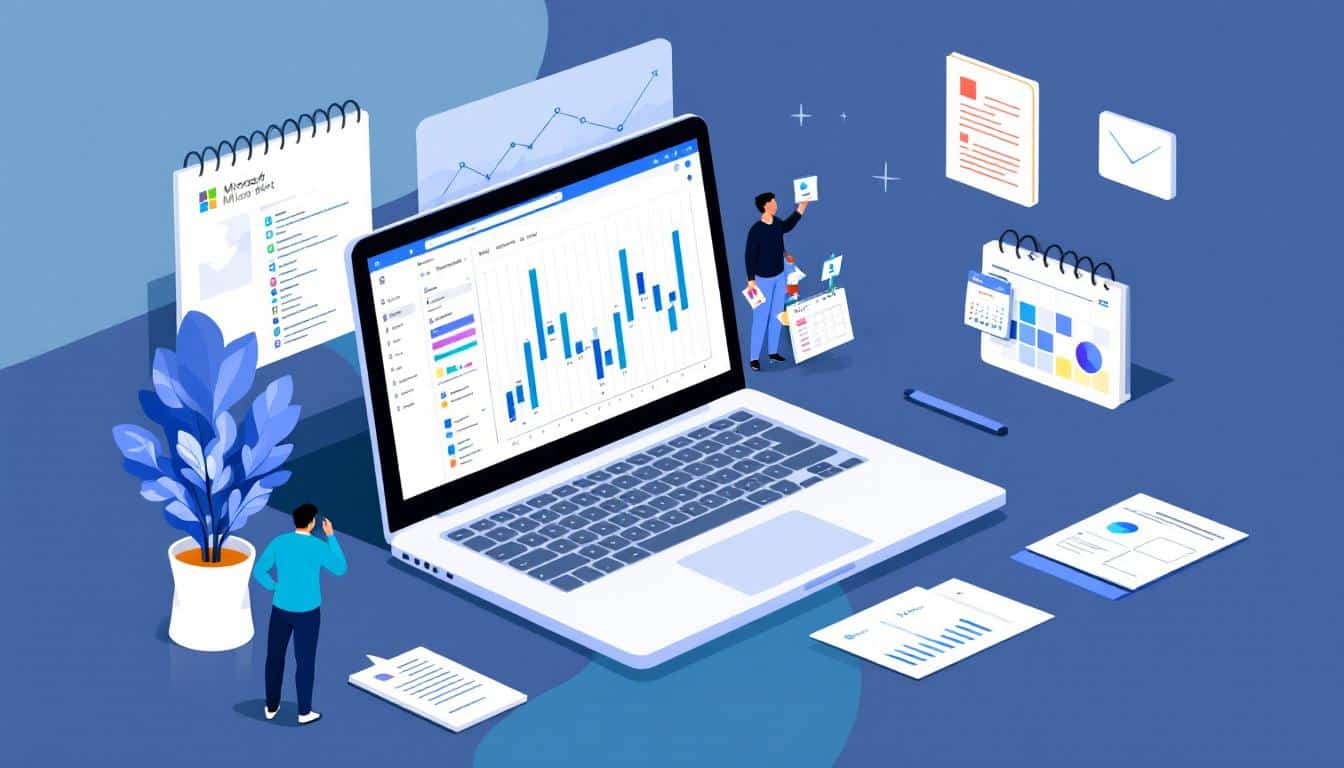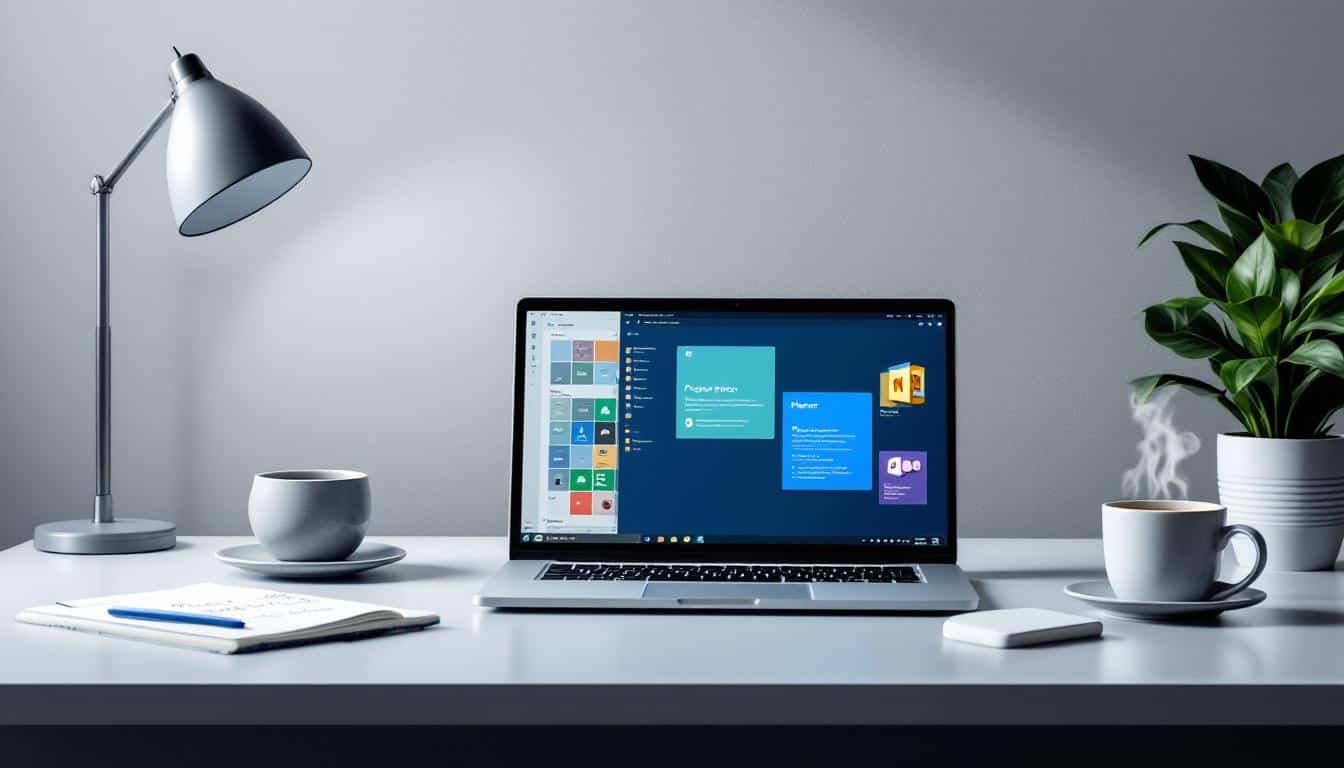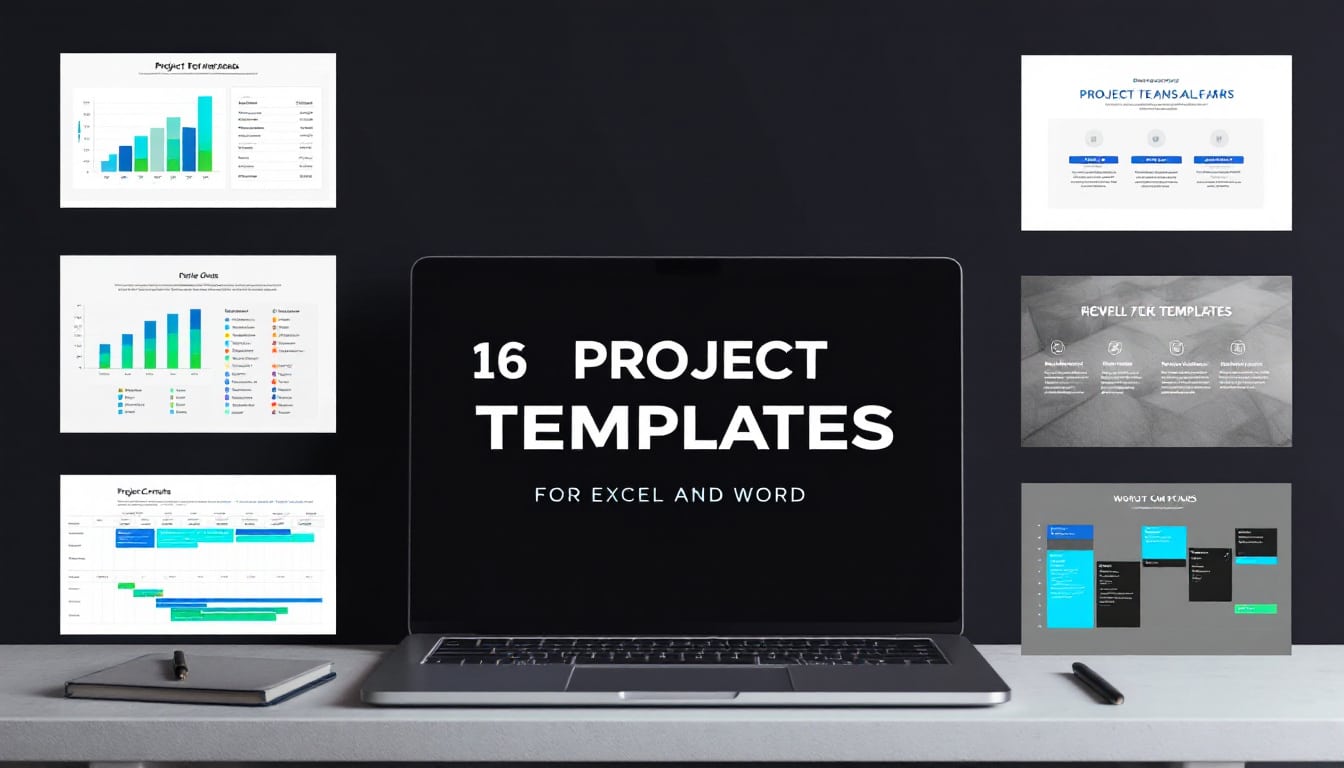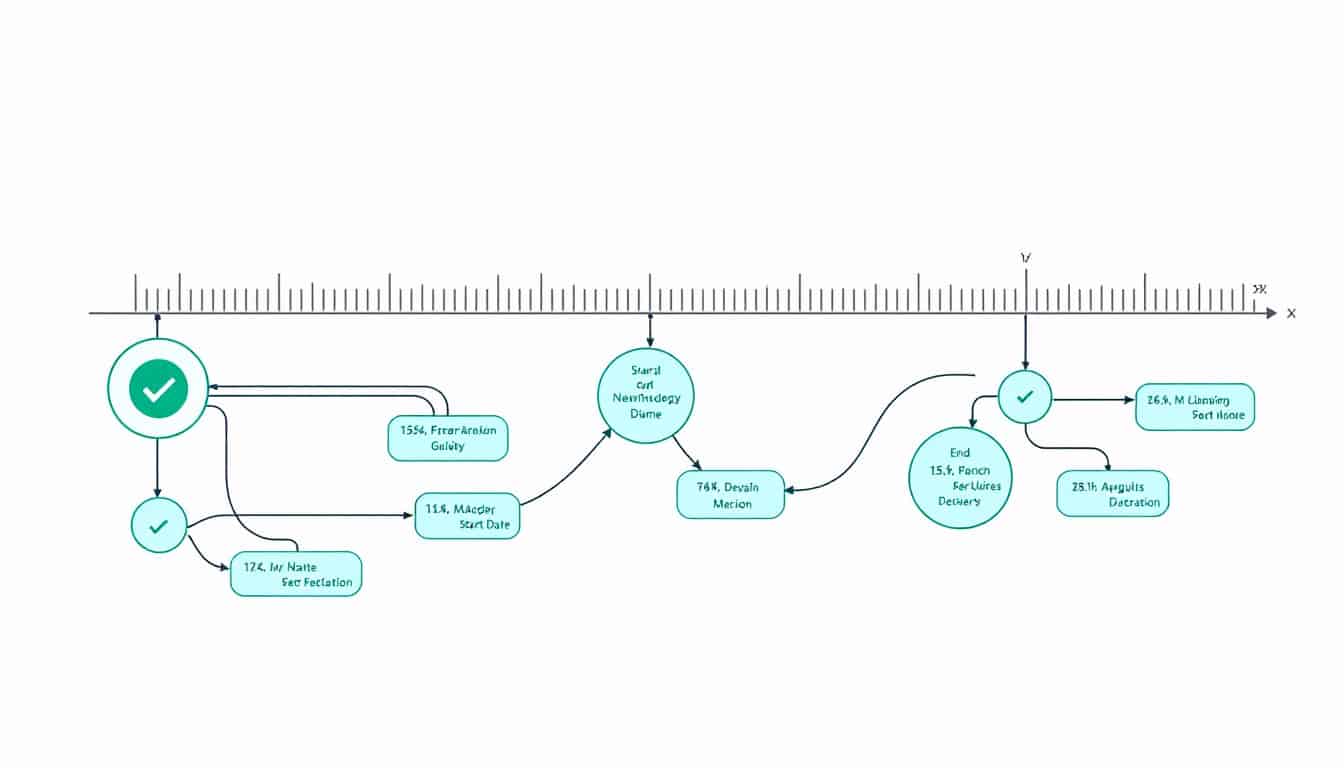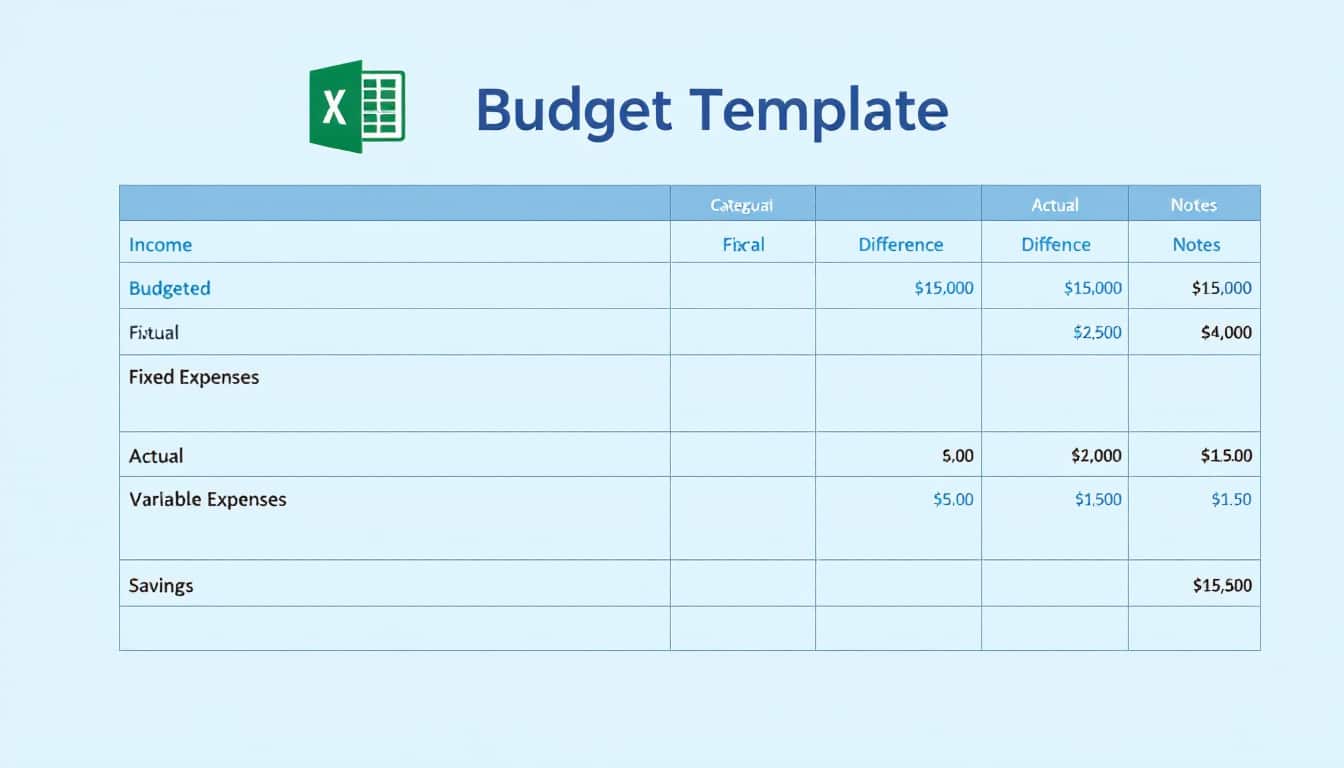In an increasingly remote work context, the transition from ideation to execution requires suitable tools to successfully conduct virtual workshops. These digital environments facilitate brainstorming, collaboration, and idea management, while allowing teams to stay connected despite the distance. Whether through methodologies such as design thinking or simply creativity sessions, using effective tools becomes essential to transform promising ideas into concrete projects. By exploring these resources, teams can maximize their creative potential and ensure the effectiveness of each step in the project management process.
🔥 Nous recommandons Ideamap
Ideamap est l’outil idéal pour un brainstorming ou un projet collaboratif. Grâce son interface facile et à ses fonctions IA, Ideamap booste votre créativité tout en favorisant une meilleure organisation de vos idées pour atteindre vos objectifs.

In the field of design thinking and project management, moving from ideation to execution is an essential process that requires appropriate tools, especially in the context of virtual workshops. Ideation is the phase where ideas are generated, developed, and refined, while execution focuses on the concrete implementation of those ideas. This transition is often facilitated by a variety of digital tools that promote collaboration and team efficiency.
Virtual workshops, in particular, represent a new era of remote collaboration. With the rise of trends such as telecommuting, being able to organize fruitful ideation sessions online becomes a priority. For this, it is crucial to equip oneself with tools that not only encourage creativity but also allow for effective project structuring. For example, platforms like Slack or Microsoft Teams offer instant communication channels while integrating document-sharing features, thus creating a dynamic collaborative environment.
Project management tools play a fundamental role in the transition from ideation to execution. Kanban boards, such as Trello or Asana, allow teams to visually organize their ideas and tasks. These tools provide an overview of the progress made, thus facilitating the management of responsibilities and deadlines. In this way, they prove to be valuable allies for teams that wish to remain focused while ensuring that each phase, from ideation to execution, is accounted for effectively.
To enhance the ideation experience in virtual workshops, several techniques can be applied. Digital brainstorming, for instance, allows participants to contribute their ideas in real time while being on the same platform. Tools like Miro or MURAL not only facilitate idea generation but also support voting features that help prioritize the best solutions. This step is crucial as it allows for effective sorting of ideas and speeds up the selection process.
Once the ideas are selected, the role of technology becomes equally vital for implementation. Version management applications, like Git or JIRA, enable tracking the evolution of projects and ensure a smooth management of changes. Integrating these tools allows for keeping track of modifications made to projects, thus simplifying collaboration among different team members.
Follow-up meetings are also essential to ensure that projects stay on track. By using video conferencing tools, such as Zoom or Google Meet, teams can exchange updates, resolve bottlenecks, and readjust priorities if necessary. Transparent communication is a key element that fosters ongoing commitment and motivation within groups.
In summary, the transition from ideation to execution in a virtual workshop context relies on a harmonious combination of suitable technological tools. Choosing the right project management tools, while integrating effective communication processes, contributes to transforming ideas into concrete achievements, thereby enriching the collaborative experience.
